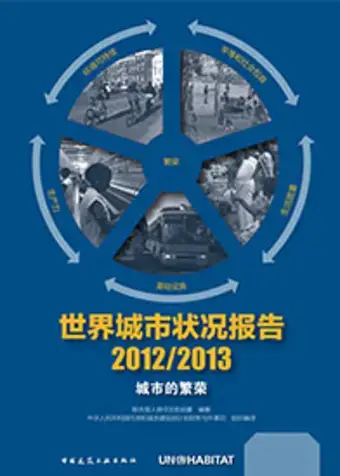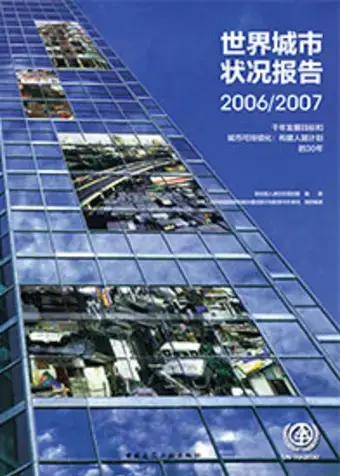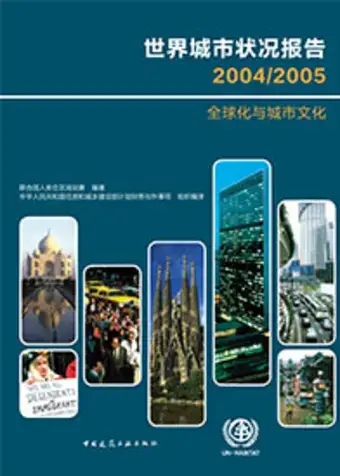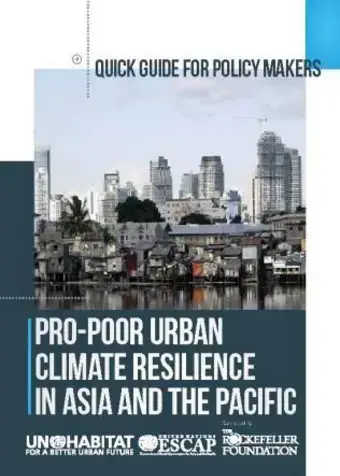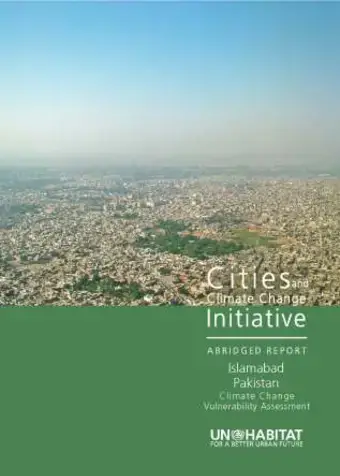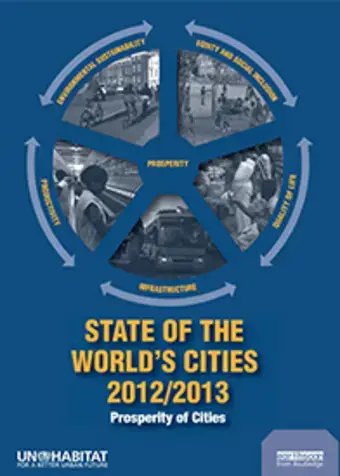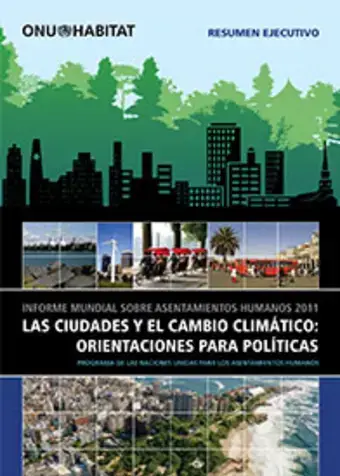Oslo, 17 March 2015 - More than 30 experts from around the world met in Oslo, Norway last week 2-3 March for a two-day expert group meeting on global Guidelines for City Climate Action Plans. The meeting was organized by UN-Habitat in close collaboration with Cities Alliance Joint Work Programme Partners, UNEP and the World Bank.

